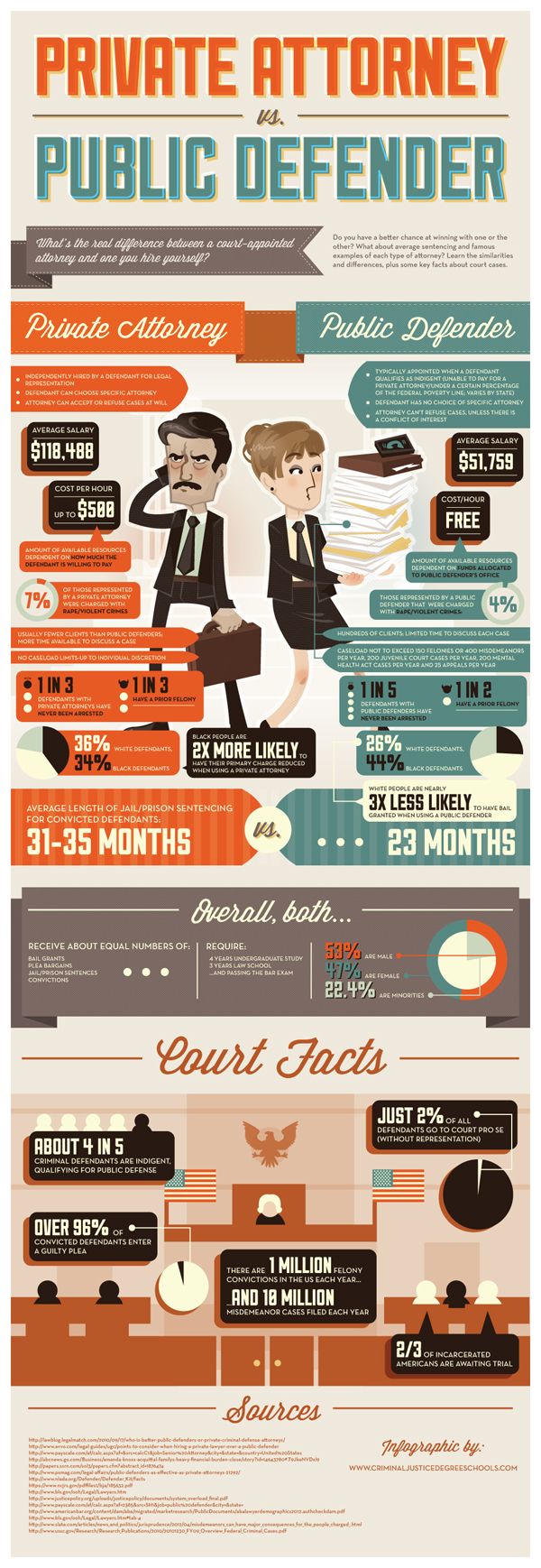Understanding The Essential Relevance Of Evidence In Criminal Protection Can Dramatically Alter The Scenario; Reveal The Essential Details That Could Impact The Result Of Your Situation
Understanding The Essential Relevance Of Evidence In Criminal Protection Can Dramatically Alter The Scenario; Reveal The Essential Details That Could Impact The Result Of Your Situation
Blog Article
Post Writer-Pratt Coleman
When you consider criminal protection, proof is commonly the first thing that enters your mind, and completely reason. It's the foundation upon which your instance stands, shaping the narrative and influencing the jury's perception. Different kinds of proof, from physical to digital, each play a special role in developing a defense. Yet not all proof is dealt with just as; admissibility requirements can make or damage your protection strategy. Understanding these nuances is vital, especially when taking into consideration just how they can impact the end result of a trial. So, what should you find out about these standards?
Sorts of Evidence
When it concerns criminal defense, recognizing the sorts of evidence can make all the difference in your situation. Evidence falls into a number of classifications, each playing an important duty in developing the realities of your scenario.
One usual kind is testimonial evidence, that includes declarations made by witnesses. Their accounts can offer understanding right into what took place and can either support or test the prosecution's claims.
Physical evidence is one more critical kind, encompassing concrete items like tools, clothing, or fingerprints. This sort of evidence can directly link you to a crime or aid negate accusations against you.
Then there's documentary evidence, which includes documents, photographs, or any type of written materials essential to your situation. These records can give a timeline or context that's important for your defense.
Lastly, you can't ignore electronic proof, which includes data from smartphones, computer systems, or social media sites. This sort of proof can expose crucial info about your activities or communications.
Admissibility Standards
In criminal defense, the admissibility of proof is critical to your instance's result. You'll require to comprehend the requirements that establish whether proof can be made use of in court. Normally, why not check here must be relevant, trusted, and obtained lawfully to be thought about acceptable.
Significance implies the proof needs to straight connect to the case and aid prove or refute a fact at issue. If it does not link to your defense or the costs against you, it might be left out.
Dependability makes certain that the evidence is reputable and trustworthy; as an example, eyewitness testimony can be cast doubt on if the witness has a background of unreliable accounts.
In find out here , proof must be gathered based on lawful procedures. Any evidence gotten with prohibited ways, such as an unlawful search or seizure, might be considered inadmissible under the exclusionary rule.
Recognizing these criteria can equip you to function successfully with your attorney. They'll navigate the intricacies of these regulations to reinforce your protection, making certain only the most effective evidence is presented in your favor.
Constantly keep in mind, the admissibility of evidence can dramatically affect the court's understanding of your situation.
Effect On Protection Strategies
The admissibility of evidence directly forms your defense techniques. When evidence is considered admissible, you can use it to build a strong instance. On the other hand, if proof is ruled inadmissible, you require to pivot your strategy. Recognizing what evidence the prosecution can offer aids you expect their arguments and prepares you to counter them efficiently.
You'll intend to concentrate on event proof that sustains your protection. This may include witness statements, professional testament, or papers that challenge the prosecution's insurance claims. The objective is to create practical uncertainty in the minds of the jurors. If certain items of proof are weak or controversial, you might take into consideration a method that emphasizes various other solid aspects of your instance.
Moreover, the type of evidence-- whether it's forensic, testimonial, or electronic-- will determine how you interact your protection. You'll need to craft compelling stories that reverberate with the court while utilizing admissible evidence to back up your insurance claims.
Ultimately, your strategy should be adaptable, permitting you to adapt as brand-new proof emerges or as rulings are made. Each decision you make must straighten with the goal of making sure the best feasible outcome for your situation.
Conclusion
In criminal defense, evidence plays a critical function fit your instance. By understanding the different kinds of proof and their admissibility criteria, you can reinforce your defense strategy and produce practical doubt psychological of jurors. Collaborating closely with your lawful advise makes sure that your proof exists effectively and adapts to any kind of new developments throughout the test. Inevitably, the right proof can make all the difference in attaining a desirable result.
